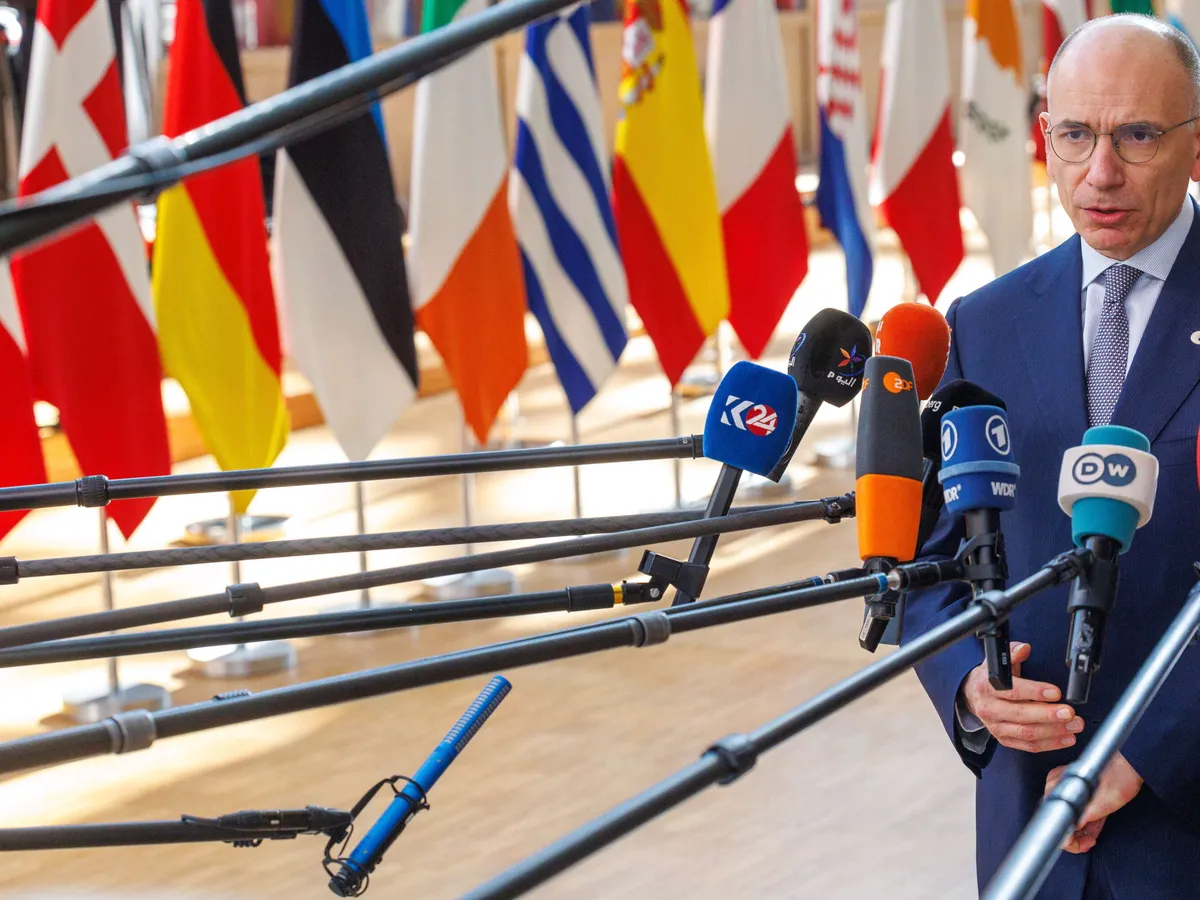The European Championships are set to kick off at a crucial time for Germany’s flagging economy. With hopes of a repeat of the 2006 World Cup “summer fairytale” that boosted consumer confidence, many are eagerly anticipating the tournament. However, economists are cautiously optimistic about the impact of this year’s championship on the German economy.
The German Economic Institute (IW) predicts that any increase in consumer spending during the tournament will be postponed rather than accelerated. While expenditures on items such as new TVs may have been saved elsewhere during the 2006 World Cup, there was no significant boost to infrastructure spending either. Michael Scherz, the Austrian economic delegate in Berlin, also believes that the championship may not provide a major economic boost, especially for German tourism, which can be a zero-sum game due to conflicting visitor patterns.
Despite this, there is potential for increased consumer sentiment and spending in certain sectors. In Austria, sectors such as catering, food retail, sports shops, and electronics retailers are expected to benefit from increased consumer sentiment during the tournament. Vienna is forecasting significant EM sales, with football fans spending an average of 140 euros on matches, particularly on food, electronics, and sports products.
While the economic impact of the European Championships may not be substantial, it can contribute to a positive overall sentiment among consumers and businesses if Germany makes it to the final. The mood and consumer sentiment may see a boost in Austria if their national team performs well during the tournament. Overall, while there is cautious optimism about the economic impact of the European Championships on Germany’s economy



